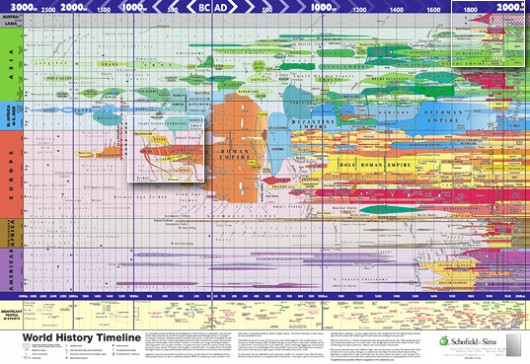Forecasts for potential deaths from Ebola are disturbing. But equally heartening are today’s expanded interventions. Very likely in the coming months this present epidemic will subside. But what should we retain from this Ebola experience to endure for all ages?
• Health and poverty are intimately connected. Ebola is just one of many deadly diseases that afflict people living under economic deprivation. Jobs, literacy, and community development are essential for limiting the risk of disease.
• Low-resource healthcare systems can quickly become overwhelmed. Whether from epidemic measles, dysentery, malaria, or one hundred other illnesses, health centers with marginal staff, diagnostic capability, or therapeutics are easily stretched beyond capacity.
• Disease prodrom are often indistinguishable. Initial fever, fatigue, and body aches may herald dozens of diseases. Only advanced technology can provide diagnostic testing to differential one from another in the early stages.
• Crisis breeds innovation. Development of such diagnostic tests and new treatment modalities that normally demand years can be fast tracked when calamity threatens.
• Response to epidemics requires expertise, manpower, and organizational leadership. Provision of field hospitals and medical supplies are useless without skilled people to apply the appropriate knowledge and resources. This is where the INMED, with our educational mission, is particularly relevant.
Finally, what is the most significant, enduring lesson we can reap from Ebola 2014? Consider this: Humans have potential to exercise great kindness, even at great risk to themselves. Working in the heart of today’s epidemic, thousands of healthy, deeply motivated people are at this moment demonstrating compelling compassion in action.

